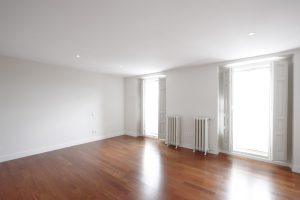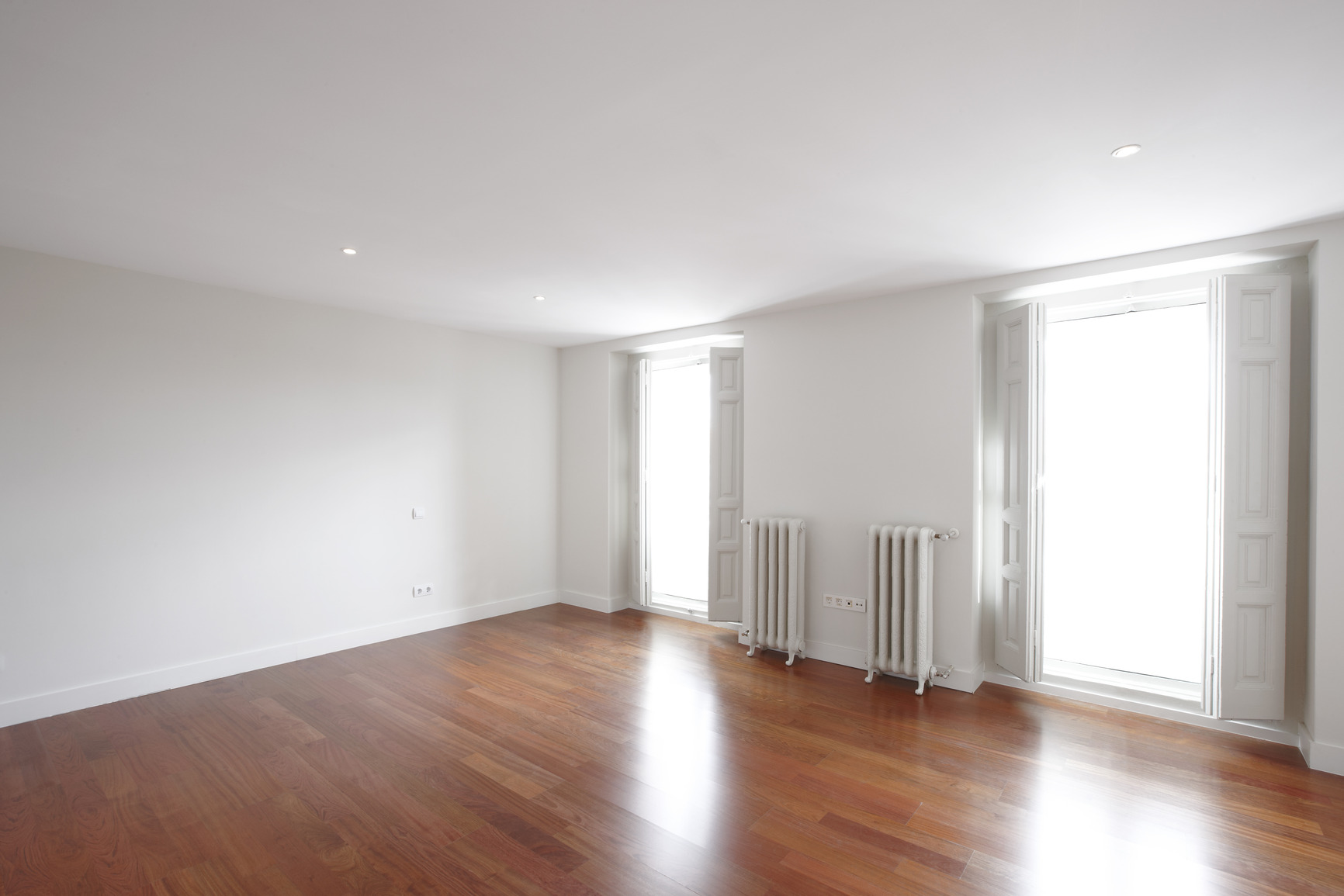 If you are the landlord of buy to let property, one of the last things you want is the so-called “void” – the period of time during which there is no tenant in the residence, and therefore no rental income on which your business relies.
If you are the landlord of buy to let property, one of the last things you want is the so-called “void” – the period of time during which there is no tenant in the residence, and therefore no rental income on which your business relies.
But there may be occasions when that state of affairs is unavoidable, if for instance:
- you have bought a previously abandoned property and are looking to refurbish it before letting to tenants;
- the buy to let property you own is currently being refurbished, extended or remodelled and needs to be left vacant whilst the works are in progress;
- there is a longer than usual interval between one set of tenants leaving and new ones moving in; or
- you are planning to sell the property and want to offer vacant possession to any new buyer.
The risks
Not only do you stand to lose rental income from your property whilst it is unoccupied, but there are increased risks to which it is exposed for the duration of that vacancy. For example:
Theft and vandalism
- an increasing number of residential and commercial properties are becoming vacant, says the British Institute of Facilities Management (BIFM);
- BIFM warns that when premises are empty, they attract more than their fair share of vandals, squatters, arsonists, fly-tippers and graffiti artists, eventually leading to such a decline in overall security in the area as to encourage its general decline;
Maintenance and repair
- when there are no tenants in your property, problems needing otherwise routine maintenance and repair are going to go unreported and may therefore develop into full-blown incidents – a dripping tap, for example, might soon leave the property flooded;
Weather
- the British weather is nothing if not unpredictable – and when your property is unoccupied, storm damage, high winds, ice or snow may cause problems which are again unreported and have the potential for causing considerable damage;
Infestations
- a property that is left empty and unoccupied may be at much higher risk of infestation by rodents or other pests – an especially alarming report appeared in the Daily Mail newspaper on the 14th of August 2017, for instance, warning of a possible invasion of “super fleas”;
Property fraud
- let property and property which lies empty are two categories identified by Action Fraud as vulnerable to property fraud – if your let property is currently unoccupied, therefore, it may be doubly vulnerable to property fraud.
Insurance
For all of these reasons of heightened risk and vulnerability, insurers are likely to reassess the scope and level of cover for your property once it has been unoccupied for a certain length of time – this may be between 30 and 60 consecutive days, depending on your insurer and typically includes the landlord insurance which normally protects your let property.
Once the property has been unoccupied for the prescribed number of days, the insurer may restrict the level of cover offered or regard the policy as lapsed altogether.
Unoccupied property insurance provides standalone cover to replace your regular landlord insurance whilst the property remains empty.
It is likely to be essential in order to maintain your obligation to any buy to let mortgage lender that the property remains fully and adequately insured – including those times when it is temporarily unoccupied.
Further reading: Guide to unoccupied property.








